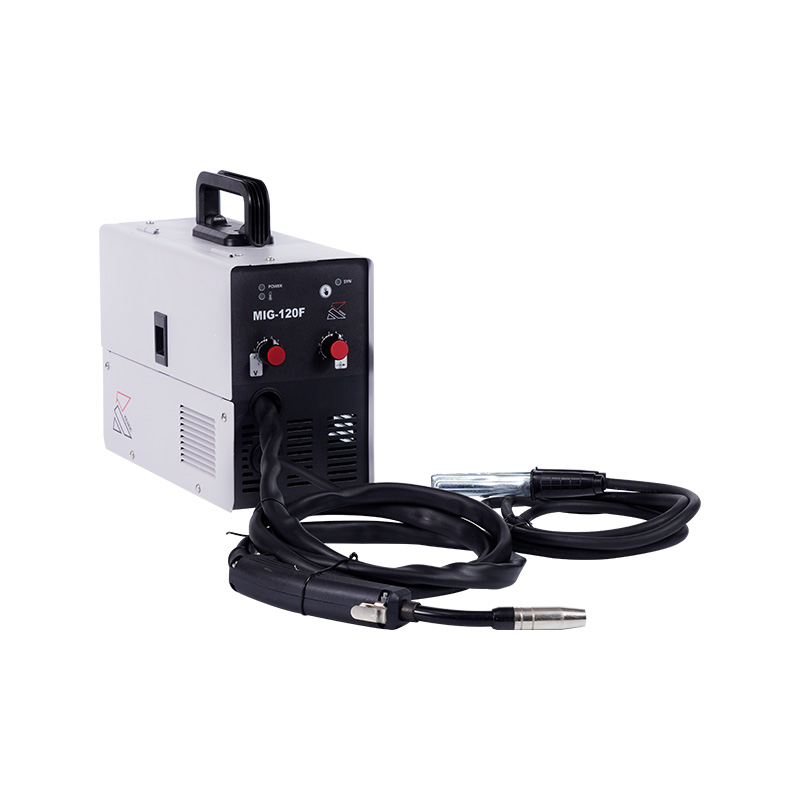Email: [email protected]
 2025.09.26
2025.09.26
 Industry News
Industry News

Inverter MIG welders have gained popularity in both professional and industrial welding settings due to their advanced features and compact design. As industries seek more efficient and cost-effective solutions, the question arises: are inverter MIG welders suitable for industrial applications?
1. Performance and Efficiency
One of the primary reasons inverter MIG welders are considered suitable for industrial applications is their impressive performance. Unlike traditional welders, inverter-based machines use advanced electronics to convert incoming power into a higher frequency, which results in more stable arcs and better weld quality. This stability is essential for industrial applications that require precision and consistency.
Inverter MIG welders also offer better control over voltage and amperage, allowing welders to adjust the settings based on the specific requirements of the task. This makes them versatile tools that can handle various materials, including steel, aluminum, and stainless steel, all of which are common in industrial environments. The ability to fine-tune the settings ensures that welds are not only strong but also clean and aesthetically appealing.
2. Portability and Compact Design
Industrial work environments often require portable equipment, especially for tasks that involve movement or require welding in different locations. Inverter MIG welders are significantly lighter and more compact compared to traditional transformer-based machines. This makes them easier to transport and maneuver, which is a considerable advantage for mobile welding tasks or tight spaces within industrial settings.
The portability of inverter MIG welders doesn't come at the cost of performance; these machines maintain robust power output despite their smaller size. This combination of portability and power makes them well-suited for industrial applications where space and mobility are often limited.
3. Durability and Reliability
When it comes to industrial applications, durability is a key factor. Inverter MIG welders are known for their reliability in various environments, including high-demand industrial settings. These machines are designed to withstand heavy usage and harsh conditions, making them ideal for continuous work in factories, construction sites, or metalworking shops.
Inverter MIG welders are typically equipped with advanced cooling systems and protective features that prevent overheating, ensuring the machine can operate effectively for extended periods. Their electronic components are more resistant to wear and tear compared to traditional welders, contributing to a longer lifespan.
4. Cost-Effectiveness
While inverter MIG welders can have a higher initial purchase cost compared to conventional models, their efficiency and lower energy consumption make them a cost-effective choice for industrial applications in the long run. These welders consume less power, which translates to lower operating costs over time. Moreover, their compact design reduces the need for extensive maintenance or repairs, further enhancing their cost-effectiveness.
5. Versatility in Industrial Applications
Inverter MIG welders are suitable for a wide range of industrial applications, from automotive repair and construction to manufacturing and metal fabrication. Their versatility allows them to handle various welding tasks, including light and heavy-duty jobs, providing both industrial professionals and hobbyists with an adaptable solution for their welding needs.
Inverter MIG welders are indeed suitable for industrial applications. Their advanced performance, portability, durability, and cost-effectiveness make them a valuable tool in industries that require reliable, high-quality welding. With the ability to adapt to different materials and tasks, these machines are becoming increasingly popular in professional and industrial settings, offering the flexibility and efficiency that modern welding projects demand.